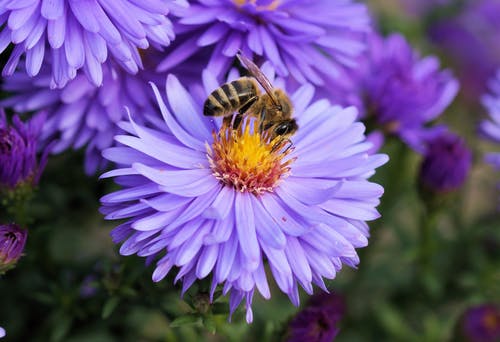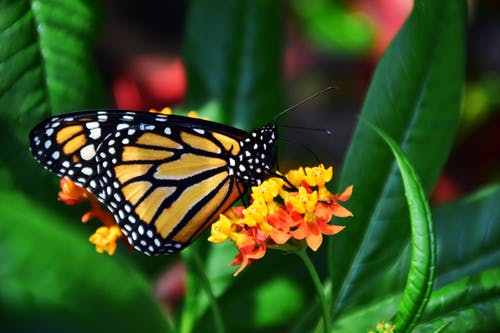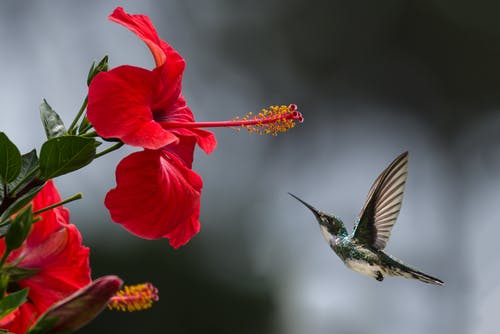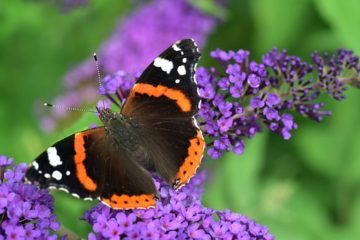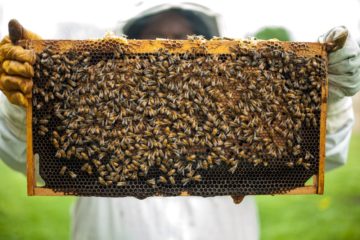
Apples 
Vanilla Beans 
Chocolate 
Coffee
Vanilla, coffee, chocolate, and apples; what do these foods have in common? The answer is pollinators! These foods and many more are almost completely reliant on pollinators, but what are pollinators, and what do they do?
What is Pollination?
Pollination is the process that allows plants to reproduce! Most plants need bees and other insects to pollinate from one plant to the next. When a bee, or other insect lands on a flower, small particles of pollen stick to its legs. As the bee flies to the next plant, it transfers the pollen over with it. Plants rely on bees and other insects to make this happen.
What are Pollinators?
Pollinators are animals that perform the process of pollination by carrying pollen from one flower to another flower. Their work makes it possible for seeds to form; they are crucial to the creation of food and the sustainability of plants.
The most common pollinators are bees, butterflies, ladybugs, hummingbirds, and certain types of bats!
What Do Pollinators Do?
Pollinators can do many things, but one of their most important roles is that they are responsible for food production! Did you know that one out of every three bites of food is solely dependent on them? They are responsible for 75% of all our food crops. Many of our favorite foods like chocolate, apples, and vanilla are almost completely dependent on pollinators! Bees pollinate as a side-effect of making honey; a yummy treat for us and the bees!
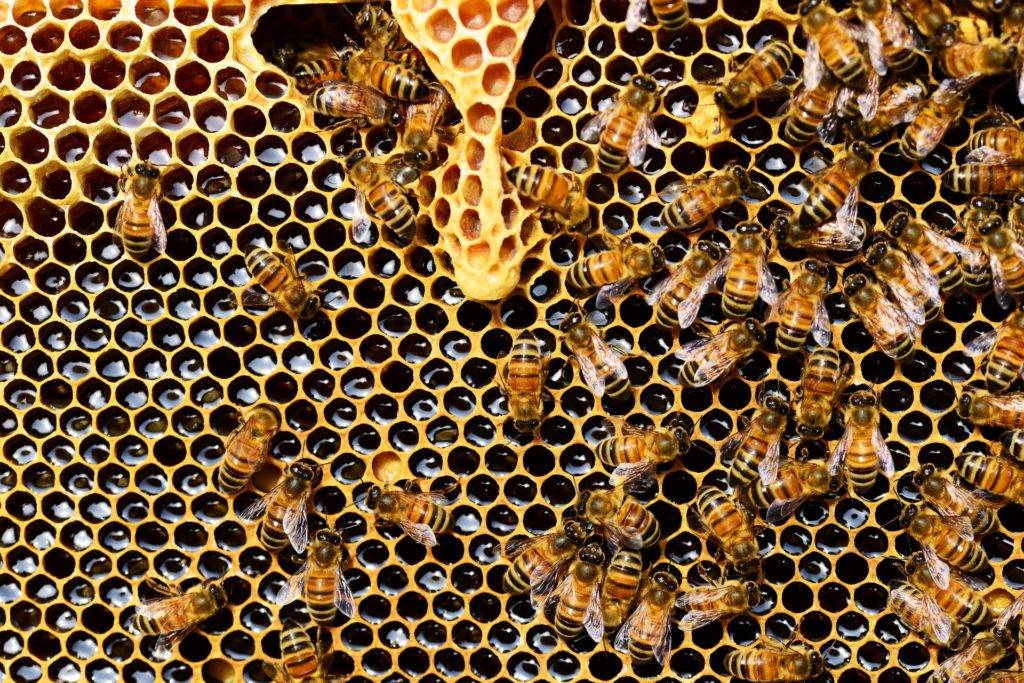
In addition to providing us with food, pollinators also help with keeping rivers and fish healthy! They encourage the growth of plants on the riverbanks which prevents soil erosion, provides shade to keep the river water cool, and creates food sources for the fish living there!
Feel confident in your learning? Take this quiz and test your knowledge of pollinators and why they’re important!
Scroll up to view your score!

